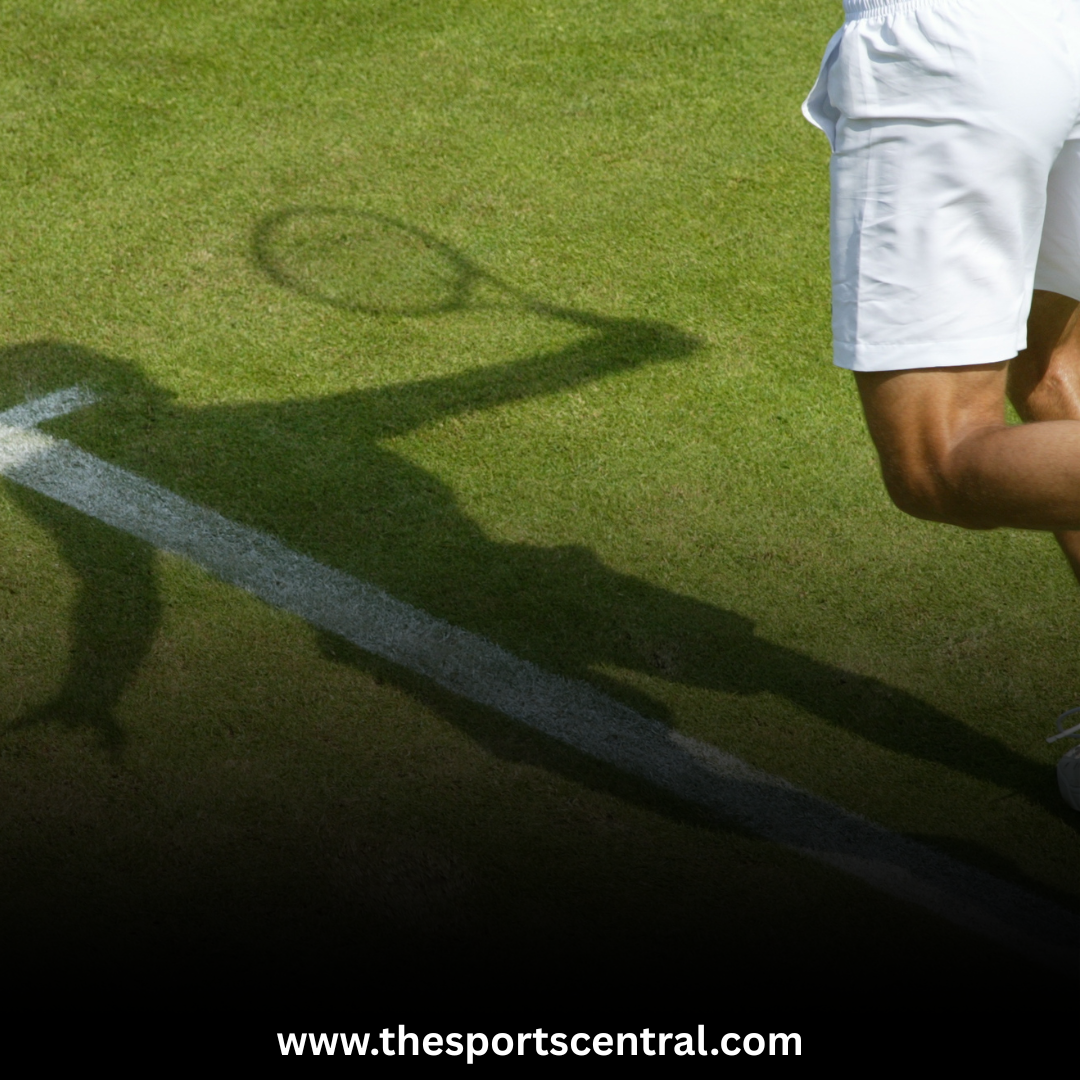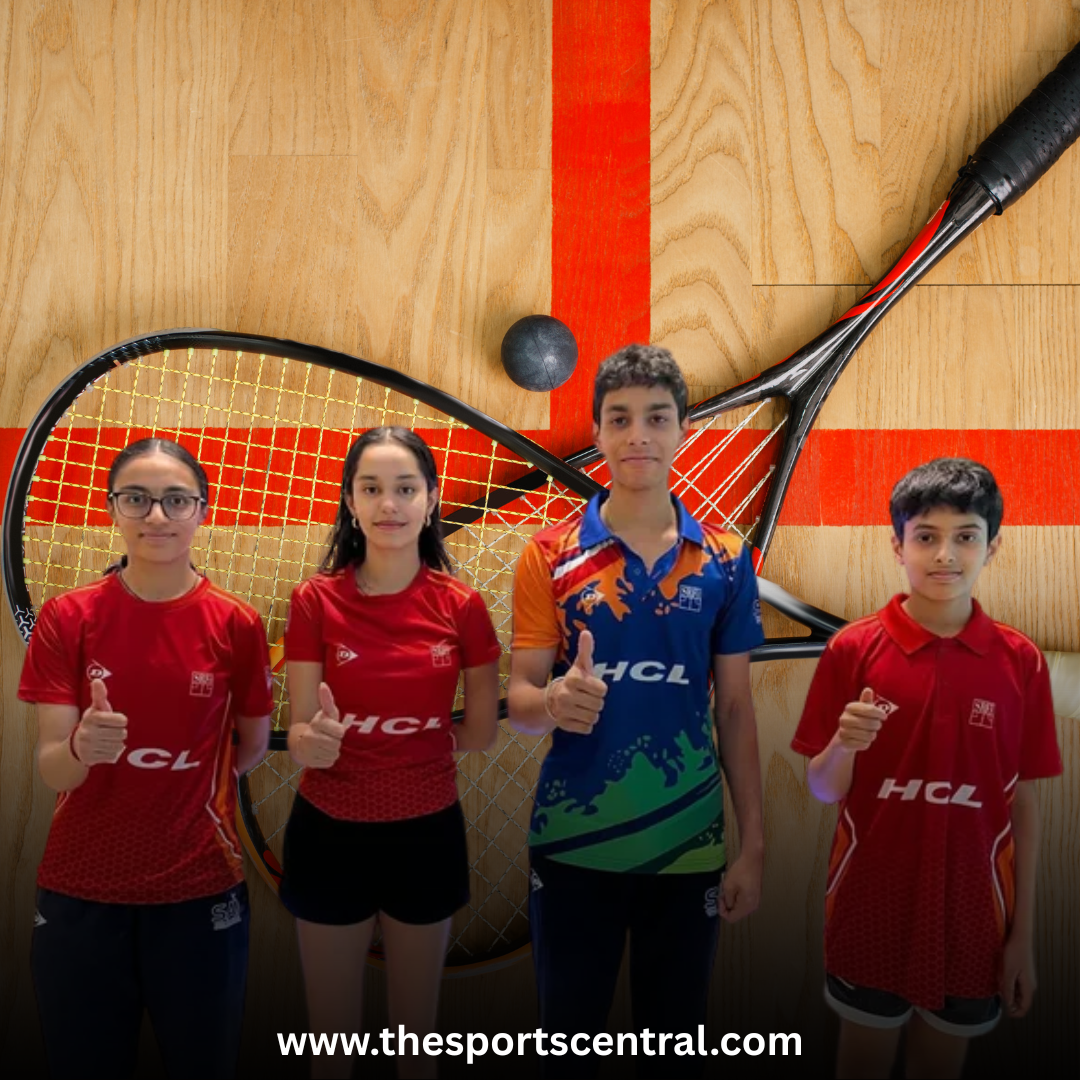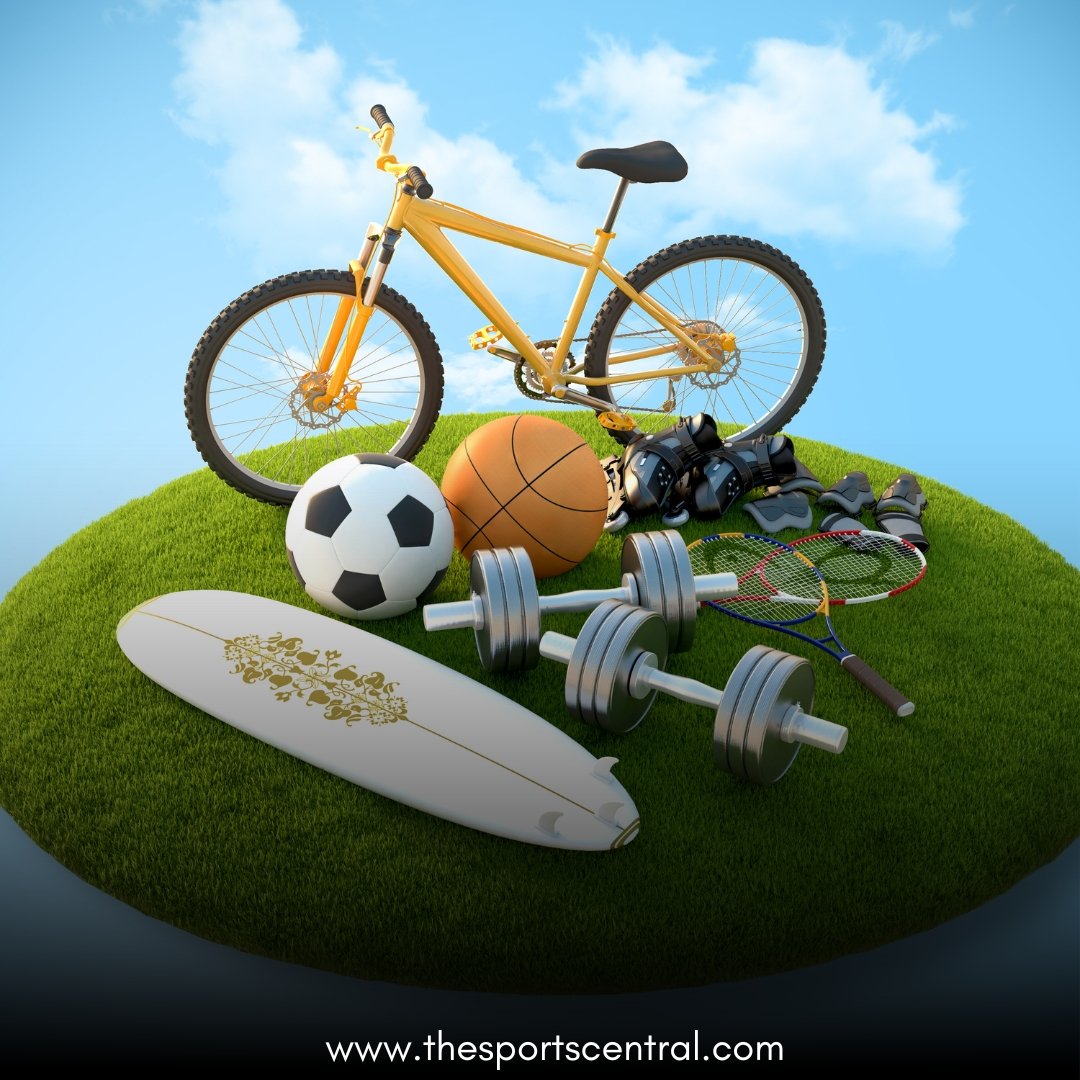Sports psychology, an interdisciplinary science, examines how psychological factors influence sports, exercise, and physical performance. It encompasses topics like motivation, confidence, focus, anxiety management, and mental resilience. While physical attributes and technical skills are vital for athletic success, mindset and mental fortitude play equally crucial roles.
Mindset affects athlete performance in profound ways. Athletes who cultivate a positive, growth-oriented mindset can often outperform those who rely solely on their physical abilities. This article delves into the core principles of sports psychology, explores how mindset shapes performance, and provides practical insights into how athletes can harness their mental faculties for peak performance.
1. Understanding Mindset in Sports Psychology
What is Mindset?
Mindset refers to the underlying beliefs and attitudes that shape an individual’s thoughts, behaviors, and responses to various situations. In the context of sports, mindset influences how athletes perceive challenges, setbacks, and successes. Two fundamental types of mindset, as defined by psychologist Carol Dweck, are the “fixed mindset” and the “growth mindset.”
- Fixed Mindset: Athletes with a fixed mindset believe that their abilities, such as talent or intelligence, are static and unchangeable. They often avoid challenges, fear failure, and may give up easily when faced with obstacles, as they perceive these situations as threats to their self-worth.
- Growth Mindset: Athletes with a growth mindset believe that their abilities can be developed through dedication, hard work, and learning. They embrace challenges, persist in the face of setbacks, and view failure as a learning opportunity. This mindset fosters resilience, adaptability, and continuous improvement.
The Role of Sports Psychology
Sports psychology seeks to understand how mental processes affect athletic performance and uses this understanding to help athletes enhance their mental skills. By fostering a positive mindset and addressing psychological barriers, sports psychologists help athletes optimize their mental game, leading to improved performance on the field.
2. Key Psychological Factors That Affect Athlete Performance
Several psychological factors contribute to an athlete’s performance, influencing their ability to perform under pressure, maintain focus, and achieve their full potential.
Confidence and Self-Belief
Confidence is a fundamental factor in sports performance. Athletes who believe in their abilities are more likely to take risks, remain calm under pressure, and perform at their best. Confidence is not just about knowing one’s strengths but also about trusting oneself to handle setbacks and challenges.
Research in sports psychology has shown that confidence is closely linked to performance. Athletes with high self-belief tend to set more challenging goals, maintain focus during competition, and recover quickly from mistakes. Conversely, athletes with low confidence may experience self-doubt, anxiety, and hesitation, all of which can undermine performance.
Motivation
Motivation is the internal drive that compels an athlete to pursue their goals and strive for excellence. It can be intrinsic (stemming from an athlete’s love for the sport and the enjoyment of competition) or extrinsic (driven by external rewards like money, fame, or approval).
Intrinsic motivation is generally more sustainable, as it comes from a deep-seated passion and commitment to the sport. Athletes motivated intrinsically are more likely to persist through tough training sessions, injuries, or losses, as their motivation is tied to personal fulfillment and growth.
Extrinsic motivation, while effective in certain situations, may not be as reliable over the long term. Athletes driven by external rewards may lose motivation when the rewards are no longer present or when they face significant challenges.
Focus and Concentration
Focus, or the ability to maintain concentration on the task at hand, is essential for athletic performance. Distractions, whether internal (like negative thoughts and emotions) or external (like crowd noise or environmental conditions), can disrupt focus and impair performance.
Sports psychologists teach athletes techniques to enhance concentration, such as mindfulness, visualization, and cue utilization. These techniques help athletes stay present, block out distractions, and maintain a high level of performance, especially under pressure.
Anxiety and Stress Management
Anxiety is a common emotion among athletes, particularly in high-stakes competitions. While a certain level of arousal can enhance performance, excessive anxiety can be debilitating. It can cause physical symptoms like increased heart rate, muscle tension, and fatigue, as well as mental symptoms like confusion, indecision, and loss of confidence.
Sports psychology offers tools to help athletes manage anxiety, such as relaxation techniques, breathing exercises, and cognitive restructuring. By learning to control their physiological and emotional responses, athletes can perform more consistently and effectively.
Resilience and Mental Toughness
Resilience, or mental toughness, is the ability to cope with stress, adversity, and setbacks while maintaining a positive attitude. In sports, resilience is crucial, as athletes inevitably face challenges like injuries, losses, and criticism. Resilient athletes are better equipped to bounce back from failures, learn from their mistakes, and keep moving toward their goals.
Building mental toughness involves developing coping strategies, maintaining a growth mindset, and embracing discomfort as part of the process. Athletes who cultivate resilience can withstand the pressures of competition and continue to improve over time.
3. How Mindset Directly Impacts Athletic Performance
Growth Mindset and Skill Development
A growth mindset encourages athletes to see challenges as opportunities to learn and grow. This perspective fosters a willingness to put in the necessary effort, practice deliberately, and continually seek improvement. Athletes with a growth mindset are more likely to:
- Embrace challenges rather than avoid them.
- Persist in the face of setbacks or difficulties.
- Learn from criticism and feedback.
- Find inspiration in the success of others.
For example, an athlete with a growth mindset may view a poor performance not as a failure but as a stepping stone to learning and development. They might analyze their mistakes, seek advice from coaches or peers, and practice diligently to improve.
Fixed Mindset and Performance Limitation
In contrast, a fixed mindset can limit an athlete’s potential. Athletes who believe their abilities are innate and unchangeable may avoid challenges that could reveal their perceived weaknesses. This fear of failure can lead to a lack of effort, reduced motivation, and stagnation.
A fixed mindset can also cause athletes to view criticism as a personal attack rather than an opportunity for growth. As a result, they may become defensive, resistant to feedback, and less open to learning.
Positive Self-Talk and Visualization Techniques
Positive self-talk involves replacing negative, self-defeating thoughts with encouraging, affirming statements. For example, an athlete struggling with self-doubt might replace thoughts like “I can’t do this” with “I have trained for this moment, and I am ready.”
Visualization, or mental imagery, involves picturing oneself successfully completing a task or performing well. Research has shown that visualization can enhance performance by helping athletes mentally rehearse their movements, strategies, and routines.
Both techniques are rooted in the belief that the mind and body are closely connected. By cultivating positive thoughts and mental images, athletes can boost confidence, reduce anxiety, and improve their focus and performance.
Flow State and Optimal Performance
The concept of “flow,” coined by psychologist Mihaly Csikszentmihalyi, refers to a state of complete immersion and focus where an athlete is fully engaged in their performance. In this state, athletes often describe feeling a sense of effortlessness, clarity, and enjoyment. Flow is associated with peak performance, where skills and challenges are perfectly matched.
Achieving a flow state requires a combination of confidence, concentration, and motivation. Athletes with a growth mindset are more likely to reach flow, as they view their sport as an opportunity to challenge themselves and push their limits. Techniques such as goal-setting, mindfulness, and pre-performance routines can help athletes enter the flow state more consistently.
4. Practical Strategies to Cultivate a Winning Mindset
Athletes can develop a winning mindset by implementing various psychological strategies and practices. Here are some proven methods:
Goal Setting
Setting clear, achievable goals is a fundamental aspect of sports psychology. Goals provide direction, motivation, and a sense of purpose. Athletes are encouraged to set both short-term and long-term goals, ensuring they are specific, measurable, achievable, relevant, and time-bound (SMART).
By breaking down long-term goals into smaller, manageable tasks, athletes can maintain focus, track progress, and build confidence. Goal setting also fosters a growth mindset, as athletes continually strive to improve and overcome new challenges.
Mindfulness and Meditation
Mindfulness involves staying present and fully engaged in the moment, without judgment or distraction. Practicing mindfulness helps athletes manage anxiety, enhance focus, and achieve a state of flow. Meditation, breathing exercises, and body scans are common mindfulness practices that can help athletes become more aware of their thoughts and emotions.
Regular mindfulness training can improve an athlete’s ability to stay calm under pressure, recover from mistakes, and maintain concentration during competition. It also fosters resilience by helping athletes remain focused on their goals, regardless of external circumstances.
Developing Pre-Performance Routines
Pre-performance routines involve specific actions or behaviors that athletes perform before a competition to prepare mentally and physically. These routines may include stretching, visualization, listening to music, or practicing breathing exercises.
Pre-performance routines help athletes enter a focused and confident state, reducing anxiety and enhancing readiness. By creating a sense of familiarity and control, routines enable athletes to start their performances with a positive mindset.
Mental Rehearsal and Visualization
Visualization and mental rehearsal techniques allow athletes to imagine themselves succeeding in their sport. By mentally simulating their performance, athletes can prepare for different scenarios, build confidence, and fine-tune their skills.
For example, a basketball player might visualize making a series of free throws under pressure, or a runner might imagine crossing the finish line first. Repeated visualization can improve neural pathways related to specific movements, enhancing muscle memory and coordination.
Cognitive Restructuring
Cognitive restructuring involves identifying and challenging negative or irrational thoughts that can undermine performance. By replacing these thoughts with more balanced and constructive alternatives, athletes can build resilience and confidence.
For example, instead of thinking, “I always choke under pressure,” an athlete might reframe the thought as, “I have trained hard for this moment, and I am prepared to perform my best.” Cognitive restructuring helps athletes maintain a positive outlook and cope with setbacks more effectively.
Building a Supportive Environment
A supportive environment, including coaches, teammates, and mentors, plays a crucial role in shaping an athlete’s mindset. Positive reinforcement, constructive feedback, and encouragement from trusted individuals can boost an athlete’s confidence and motivation.
Coaches and mentors can also provide valuable guidance on psychological skills training, helping athletes develop a winning mindset. Encouraging a growth-oriented environment, where mistakes are viewed as opportunities for learning, fosters resilience and determination.
5. Case Studies: Athletes Who Used Mindset to Achieve Greatness
Michael Jordan: The Power of Resilience and Focus
Michael Jordan, widely regarded as the greatest basketball player of all time, is a prime example of an athlete who used mindset to achieve greatness. Known for his fierce competitiveness, Jordan’s mental toughness allowed him to overcome numerous setbacks, including injuries, criticism, and early playoff exits.
Jordan’s ability to focus on his goals, maintain confidence, and use failure as a motivator was instrumental in his success. His iconic game-winning shot during the 1982 NCAA Championship, after missing multiple shots earlier, demonstrates his unshakable belief in himself and his ability to perform under pressure.
Simone Biles: Overcoming Adversity with Mental Fortitude
Simone Biles, the most decorated gymnast in history, exemplifies the power of a growth mindset and mental resilience. Despite facing mental health challenges and intense pressure during the 2021 Tokyo Olympics, Biles chose to prioritize her well-being, ultimately returning to win a bronze medal on the balance beam.
Her decision to step back, reflect, and refocus illustrates the importance of mindset in maintaining peak performance. Biles’ openness about mental health also underscores the value of recognizing and addressing psychological barriers to success.
Novak Djokovic: Mastering the Mental Game in Tennis
Novak Djokovic, one of the greatest tennis players of all time, attributes much of his success to his mental preparation. Djokovic uses visualization, meditation, and mindfulness to stay focused and manage stress during matches. He practices breathing techniques to maintain calm and clarity under pressure, helping him perform consistently at the highest level.
Djokovic’s growth mindset has enabled him to adapt his game, learn from losses, and continually strive for improvement, even after achieving significant success.
The Indispensable Role of Mindset in Sports
Mindset plays an indispensable role in sports, affecting every aspect of an athlete’s performance. From confidence and motivation to focus and resilience, an athlete’s mental approach can be the difference between winning and losing. By cultivating a growth mindset, embracing challenges, and employing mental skills training, athletes can unlock their full potential and achieve greatness in their respective sports.
Sports psychology provides valuable tools and strategies to help athletes develop a winning mindset. Whether through goal-setting, mindfulness, visualization, or cognitive restructuring, athletes can learn to harness their mental faculties to overcome obstacles, perform under pressure, and reach their highest potential.
Ultimately, the key to athletic success lies not only in physical prowess but also in the mind’s power to believe, endure, and strive for excellence. As the field of sports psychology continues to evolve, its principles will remain central to the pursuit of peak performance in sports.










